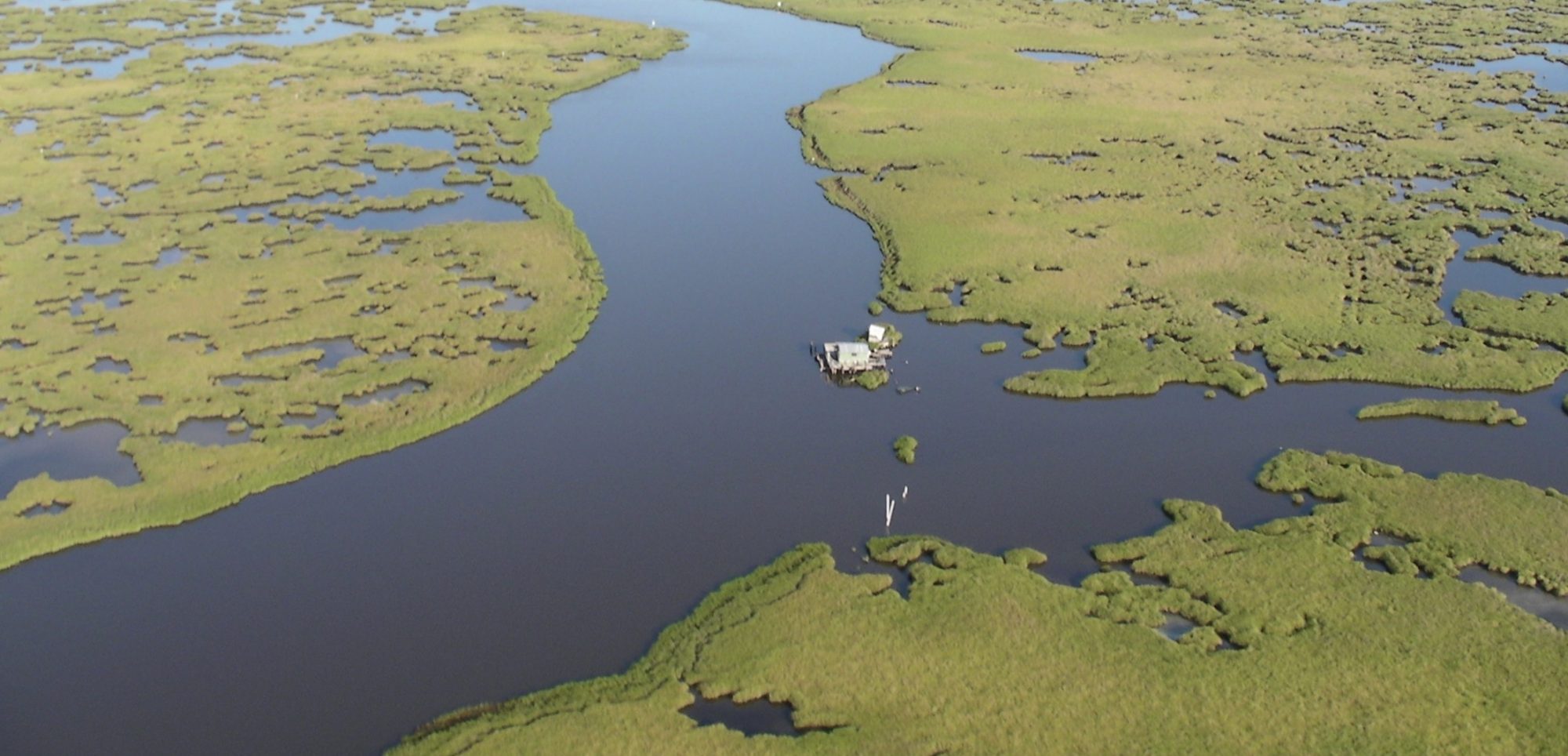
Ph.D. Candidate, University of South Florida
Field Travel Grant Type 1
Exploring the potential of nutrient recycling with a wetlaculture system: comparing physical and mathematical models in different climates of south Florida and central Ohio
“The overloading of nutrients, caused by human activities, has been a problem in natural aquatic systems all over the world for decades. Many lakes, rivers, and streams are facing serious deterioration of water quality due to non-point source pollution. Lake Erie, for example, has been rich in nutrients, attributable to detergents, sewage, and agricultural fertilizers over the past 50 decades. Meanwhile, by using mined phosphorus (P) as fertilizers and other products, the biosphere has now received over three times higher P flux than in preindustrial times. Humans need to find effective ways to reduce the P concentrations of the water-system to background levels. Thus, recycling P through removal from wastewater is a sustainable way to solve these P source problems. However, as the nutrient retention of wetland systems is complicated and non-stable, lack of knowledge of the regulation of wetland functions can lead to a failed management of restored wetlands or inappropriate design of created wetlands. The general goal of this study is to explore the potential of nutrient retention by wetlands with subsequent recycling back to agriculture/horticulture. Specific objectives are to: estimate soil nutrient changes in created wetlands under different loading rates, compare wetland vegetation productivity in different climates and nutrient loadings, and investigate the water quality fluctuation of mesocosm systems in different climates.”
